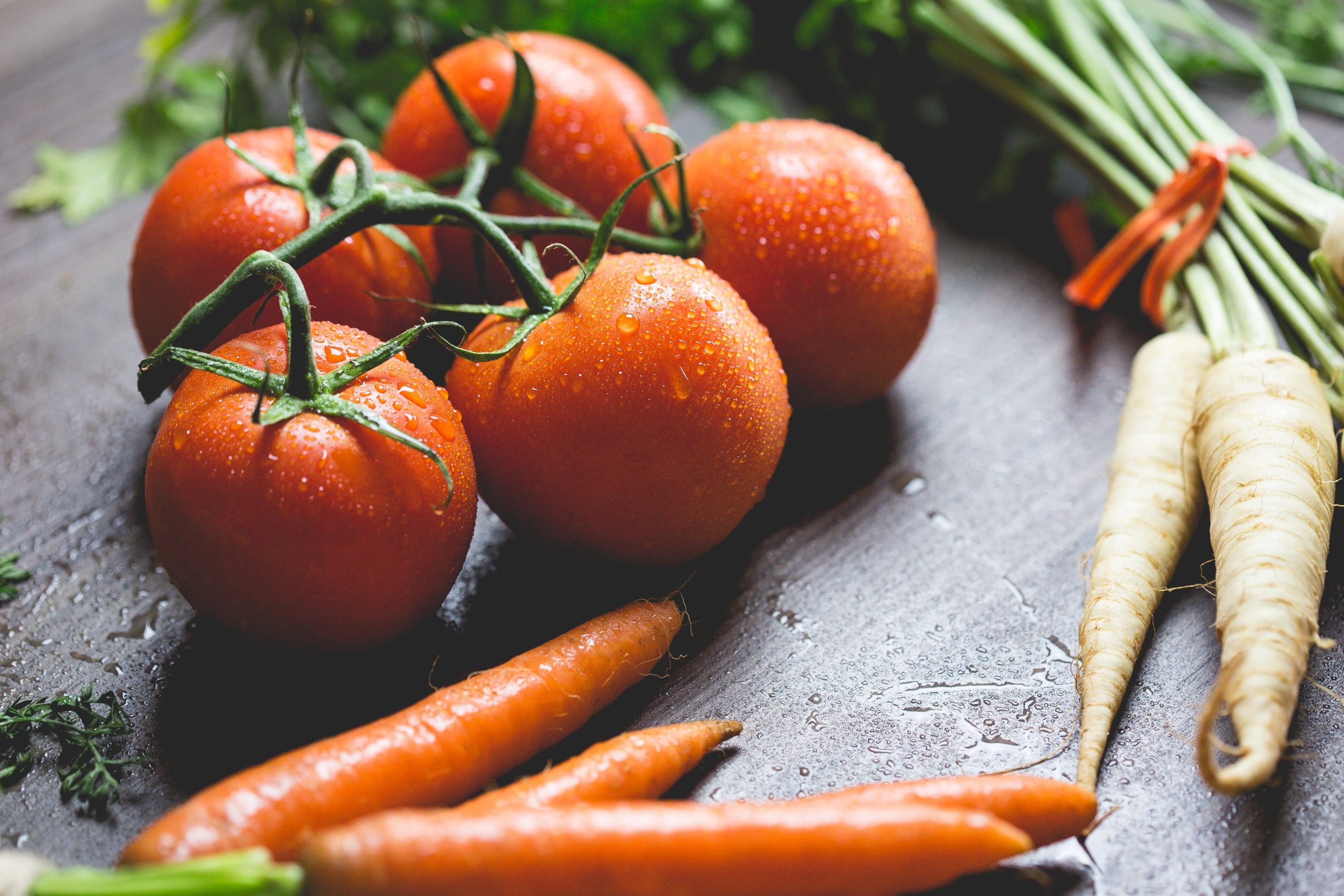Do you feel like you’re constantly running to the grocery store to replace rotten veggies? You’d be surprised how much time and money you can save by knowing more about proper storage techniques and life expectancy of vegetables. We’ve compiled a list of common vegetables to give you some useful tips so you can properly store your veggies like a pro.
Broccoli
As a kid, we might have stuck our noses up at the thought of eating broccoli but this cruciferous vegetable should be a staple part of our diet. Wash the heads of your broccoli, wrap in damp paper towels and refrigerate. You should consume the broccoli in 2-3 days. Cooked broccoli should be covered, refrigerated and eaten within 3 days.
Potatoes
Potatoes are best to be stored in a cool place, some examples would be your garage or shed. They can also be stored at room temperature in your kitchen but a cooler place is preferable, as it can increase its life expectancy. Potatoes shouldn’t be stored in your fridge or freezer. Also, don’t store potatoes alongside other fruit and vegetables, like tomatoes, onions and bananas, because they release large amounts of ethylene which could quicken the sprouting process of the potatoes.
Basil
Basil is one herb that should never be refrigerated, as this can cause it to decay. It can be stored in room temperature, with the root ends in a cup of water with a plastic bag over the top, which will allow it to last 10 days.
Asparagus
The best way to store asparagus is in the refrigerator, set up like you would with a bouquet of flowers. Prop the asparagus spears in a jar with water, with all the ends sitting in the water. Cover the asparagus with a plastic bag and keep in the fridge for up to one week.
Tomatoes
Tomatoes can be tricky, because it really depends on the ripeness of your tomatoes. Like avocados, if your tomato has a while before it’s nice and ready, you can leave it out on your counter for a few days. If you buy an already ripe tomato, you can also keep it on your kitchen counter for a few days, but make sure to keep it away from sunlight. Soft, overripe tomatoes can be kept in the fridge, where they can last up to three days due to the cold air stopping the ripening process.
Carrots
If you’re storing your carrots properly, you should be able to eat them for up to a month. Start by cutting the green tops of the vegetable and place the cut carrots in a container with a lid, cover the carrots in water. Change the water every 4-5 days.
Onions
Onions should be stored in a cool, dry and dark place, which will prevent rotting. They are another vegetable that shouldn’t be in sunlight, as that will cause them to go bad faster. Peeled, sliced or diced onions can be stored in the fridge. Peeled onions can be stored in the fridge for two weeks, diced or sliced onions can be consumed within 7-10 days.
Zucchini
Zucchini can last 1-2 weeks if you store them uncut and unwashed in a plastic bag in the crisper drawer of your refrigerator. Cooked zucchini can last refrigerated in a sealed container for up to two days. Zucchini is very delicate, so if you notice it’s wilting, you should eat it immediately.
Related articles
What Do Antioxidants Actually Do?
6 Easy Air Fryer Recipes For Beginners
How To Be Healthier By Ditching The Fad Diets

